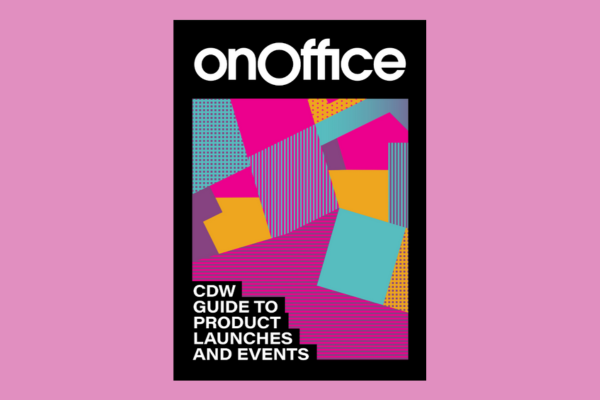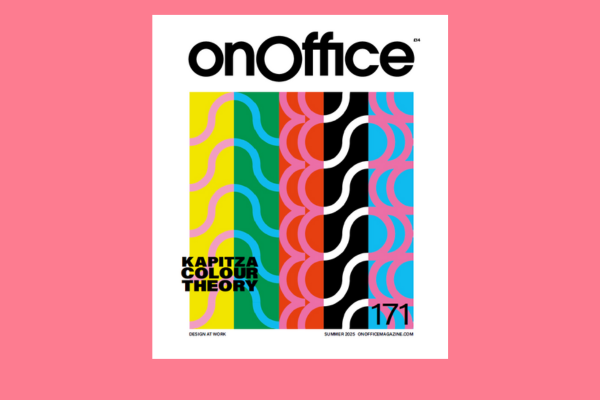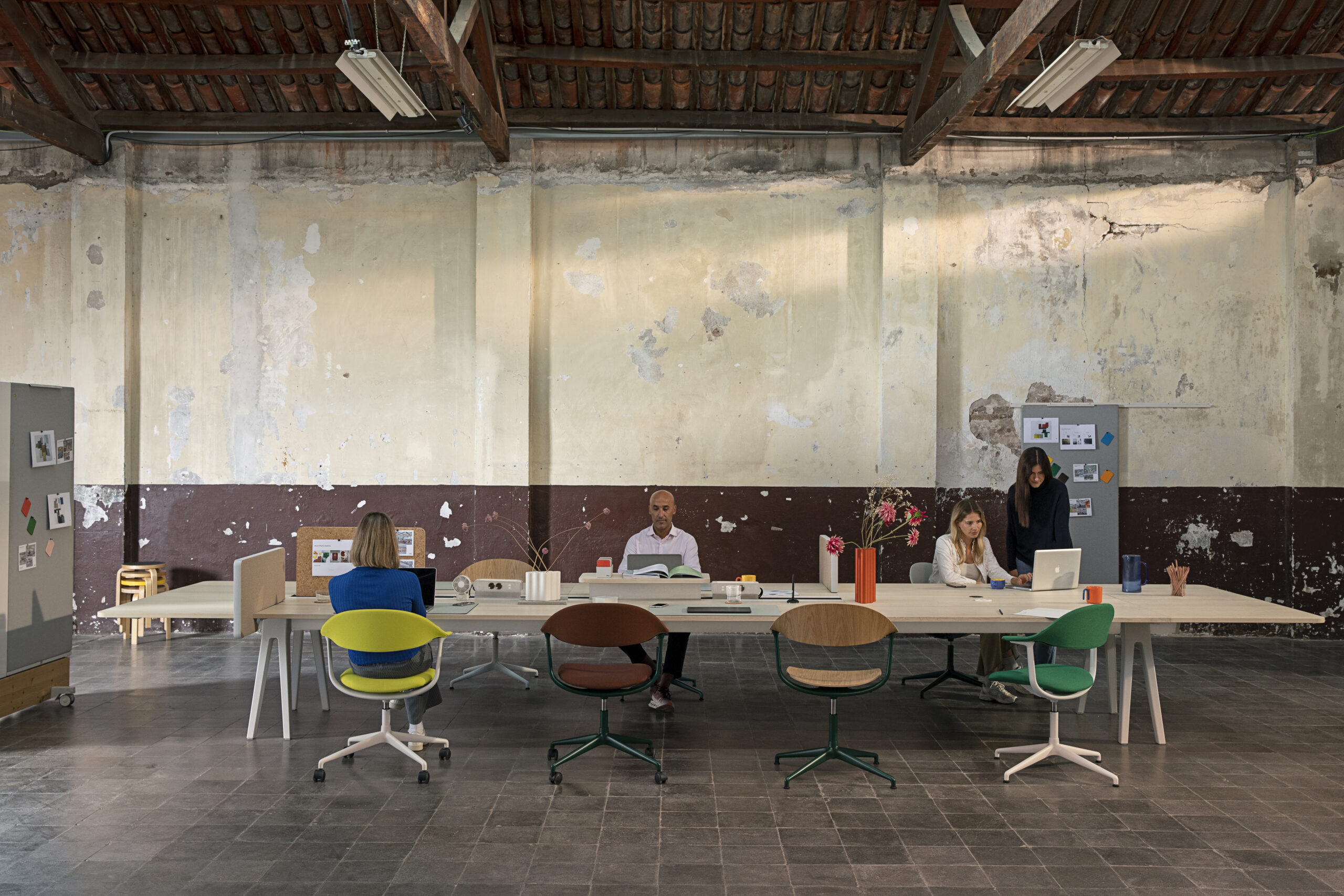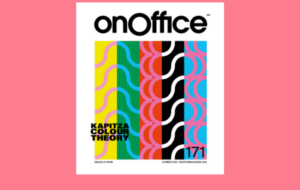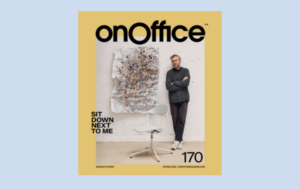
The metaverse is one of the latest technologies sweeping across the business world
In the midst of the pandemic, many companies thought the physical office might be a place of the past, but the hybrid workplace is being solidified as the workstyle of the future. While the future is not certain, one thing is: there will be an office for many businesses, especially given the advent of the metaverse.
The metaverse is one of the latest technologies sweeping across the business world. In its most simple definition, the metaverse refers to a shared virtual world of locations and environments that people can access via the internet.
With the ability to share the physical office with remote workers, the metaverse is becoming a valuable tool for businesses to connect all employees and increase access and accommodation.
Read more: Four insights from the workplace of the future
When talking about the metaverse, familiarity with ‘digital twin’ technology is essential. The digital twin is the representation of physical space in the metaverse. This means metaverse experts can digitally recreate a company’s workspace and allow users not only to see and manage what’s happening in their offices, but also communicate across in-person and at-home barriers. As with any new technology adopted into the workplace, one of the main questions for the general public revolves around privacy.
Workplace security and privacy questions are par for the course when incorporating new tech into the workplace – and rightfully so. Luckily, metaverse environments are adaptable and customisable by nature, giving businesses and their administrators the control to build and run the right environments for their needs.
A successful experience with the metaverse begins with a healthy relationship and trust between employers and employees. While some may fear that the metaverse will be used for employee surveillance purposes, it is crucial to understand that this is not the nature and true function of such a digital environment.
Throughout the process of metaverse integration, employers have a responsibility to ensure that their workforce is informed, trained, and comfortable with the evolution of their work.
Read more: Is it really the end of the office?
As for security, companies are responsible for keeping biomarkers and personal identifiable information anonymous, enlisting access policies, geofencing practices, VPNs, and two-factor authentication to ensure that their virtual work environment is secure.
Companies should already have a dedicated person or team with security at the top of their mind. If not, a security and privacy expert would be a great addition to any company considering or designing a metaverse environment.
With the metaverse still in its infancy, users can expect to see continued discussions and changes regarding privacy and security moving forward as all employees are wholly deserving of their personal privacy and division of work and personal lives.
Employee information should be and can be kept safely within their current working organisation, reserved only for appropriate and fair use. The metaverse is absolutely capable of marrying privacy and cutting-edge functionality, catering still to every business’ need.
Image by Cottonbro, Pexels

